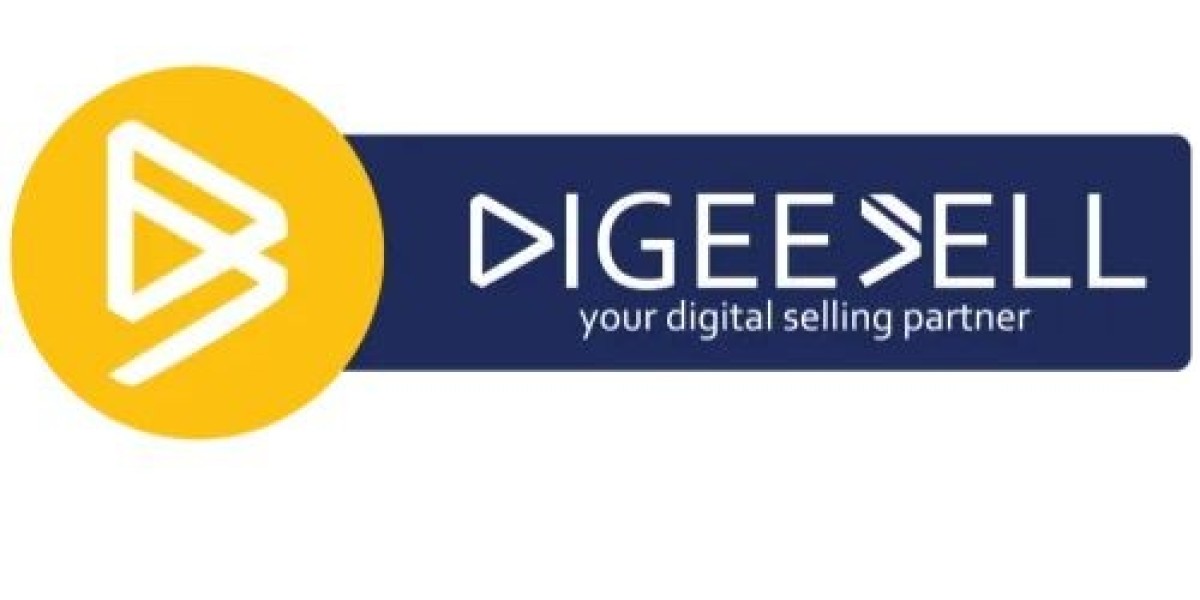As generative AI tools powered by LLMs become more mainstream, the way brands get discovered is fundamentally shifting. Traditional SEO alone isn’t enough, your content now needs to appeal to machines that summarize, synthesize, and recommend.
At DigeeSell, we believe the future of content marketing lies in LLM visibility, creating content that gets indexed, understood, and referenced by AI. Here's a strategic breakdown of how to do it:
1. Create Entity-Rich, Contextual Content
LLMs don’t just look for keywords, they learn from entities (people, places, companies, services) and their context.
Strategy:
Mention your brand name consistently with related services and location:
e.g., “DigeeSell, a digital marketing agency in Dubai specializing in SEO, PPC, and e-commerce marketing.”Link your brand to other authoritative entities (tools, locations, partners).
Why it works: It helps AI models build a semantic understanding of your brand and what you do.
2. Focus on Informational Content (E-E-A-T)
LLMs are trained to answer questions. Publishing well-structured, educational, and expert-backed content increases your chances of being included in AI-generated responses.
Strategy:
Write how-to guides, industry explainers, tool comparisons, and problem-solving content.
Use clear headings, bullet points, and schema markup (FAQ, HowTo, Article) to structure the content.
Tip: Make content “skimmable” for humans, but “digestible” for AI.
3. Publish Across High-Authority, Crawlable Platforms
LLMs pull knowledge from websites with high domain authority, structured data, and crawlable content.
Strategy:
Get featured in top industry blogs, news outlets, and directories.
Republish insights (not duplicate) on Medium, Quora, Reddit, Substack, etc.
Build internal link structures and earn backlinks from credible domains.
Why it works: It builds multi-channel visibility and feeds more structured data into the AI ecosystem.
4. Build Topic Clusters Around Your Niche
LLMs reward depth of coverage. Publishing a single blog isn’t enough—build clusters of interlinked content around your core services.
Example for DigeeSell:
Core Page: Digital Marketing for E-commerce
Supporting Posts:SEO for Shopify Stores
PPC Strategy for Online Retail
Conversion Rate Optimization Tips
Best Tools for E-commerce Growth
This builds topical authority, making AI models more likely to associate your brand with the niche.
5. Optimize for Prompt Patterns and Questions
Use AI tools to analyze common question formats and prompt patterns users ask related to your niche.
Strategy:
Include questions like “What is the best digital marketing agency in Dubai?” or “Top SEO companies for startups in 2025” in your content.
Structure answers using Q&A, numbered lists, and short summaries.
Bonus: Feed these formats into Google’s People Also Ask and LLM playgrounds to test visibility.
6. Maintain Consistent Brand Mentions with Credible Citations
AI looks for consistent signals—mentions across the web that match your site, social, and local citations.
Strategy:
Use the exact same NAP (Name, Address, Phone) and brand description on all platforms.
Add LinkedIn, Google Business Profile, and review platforms for multi-point credibility.
7. Monitor & Iterate with AI-Powered Tools
Use tools like:
Surfer SEO, Frase, or NeuronWriter – for LLM-style content optimization
Mention, Brand24, Ahrefs Alerts – to monitor brand visibility
ChatGPT Playground, Perplexity, Bard – to test how and when your brand is mentioned
Final Thoughts: AI is the New Search
Getting noticed by LLMs is not a one-time trick, it’s a long-term, content-driven strategy. At DigeeSell, we help businesses prepare for this next digital frontier with AI-optimized content, structured SEO, and brand placement strategies that future-proof your visibility. Want to get your brand recognized by AI tools? Let DigeeSell design your LLM content strategy and dominate the future of search.









